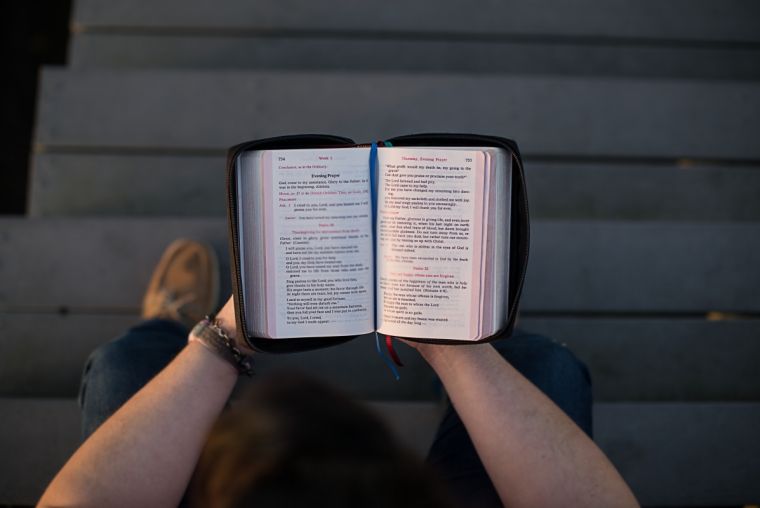Could Zacchaeus count? What his story tells us about the arithmetic of gratitude
There's a fascinating story in Luke 19 which has all the elements needed to make it a great children's Sunday school lesson. It's about Zacchaeus, the greedy tax collector who was so short he couldn't see Jesus through the crowd and climbed a sycamore tree to get a better view. Jesus saw him up there and said, 'I'm coming to your house for tea' (that's how the song I learned a few decades ago put it, anyway).

There are, though, notes of strangeness in the story. A tax-collector may not have been loved, but he would have been conscious of his dignity, and in the Middle East then as now, dignified people did not run. They certainly didn't climb trees. And Jesus appears to have gone to his house without preconditions. We are to assume Zacchaeus the tax-collector was a thoroughly unpleasant individual. As Dickens described Scrooge in A Christmas Carol, he was 'a tight-fisted hand at the grindstone', 'a squeezing, wrenching, grasping, scraping, clutching, covetous, old sinner! Hard and sharp as flint, from which no steel had ever struck out generous fire; secret, and self-contained, and solitary as an oyster.' But no repentance was needed before Jesus – to the self-righteous horror of the crowds – went to eat with him.
All of these notes of strangeness can be teased out by competent preachers. But there's another, that might escape our notice if we aren't mathematically inclined. Zacchaeus says (in verse 8): 'There and now I give half of my possessions to the poor, and if I have cheated anybody out of anything, I will pay back four times the amount.'
If half of all his capital had already gone, and if his business practices were like those of most tax-collectors, he was laying himself open to serious financial difficulties. As Kenneth Bailey puts it in Jesus Through Middle Eastern Eyes: 'If all the money he has ever collected unjustly from the community over the years amounts to13 per cent of his remaining assets, he cannot fulfil this pledge.'
What's the answer? Perhaps he was not all that unjust after all, and had enough to meet the obligations he was laying on himself. Bailey thinks he was exaggerating for effect, and would have been expected to do so – 'If he does not exaggerate, the crowd will think he means the opposite.'
But rather than being dishonest in his repentance, Zacchaeus is being profoundly true to himself. He has received the enormous gift of forgiveness and grace, and he is responding from the depths of his being. He doesn't check his actions against the 10 Commandments and bring out the 1st-century equivalent of a spreadsheet to work out his obligations – he overflows with gratitude for the overflowing love of Christ. If he is beggared by his promise, he doesn't care.
That impulse of joy in the welcomed returning sinner is a precious one. Zacchaeus didn't count the cost of gratitude, and that's not just a lesson for Sunday school.











